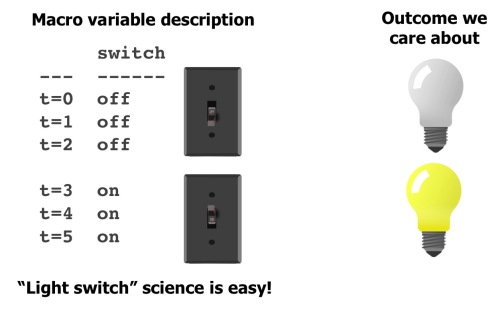If you’re not living under a rock, then you’ve surely encountered the Heroes of Deep Learning, an inspiring, diverse band of Deep Learning all-stars whose sheer grit, determination, and—[dare we say?]—genius, catalyzed the earth-shaking revolution that has brought to market such technological marvels as DeepFakes, GPT-7, and Gary Marcus.
But these are no ordinary times. And as the world contends with a rampaging virus, incendiary wildfires, and smouldering social unrest, no ordinary heroes will suffice. However, you needn’t fear. Hope has returned to the Machine Learning Universe, and boy, oh boy the timing couldn’t be better.
As confirmed to us by several independent witnesses, the sun, moon, and stars have been joined in the night’s sky by new, supernatural, sights. After a months-long meticulous investigation, including consultations with NASA, MI6, and Singularity University, we can confirm the presence, on Earth, of the Superheroes of Deep Learning!
Continue reading “Hope Returns to the Machine Learning Universe”